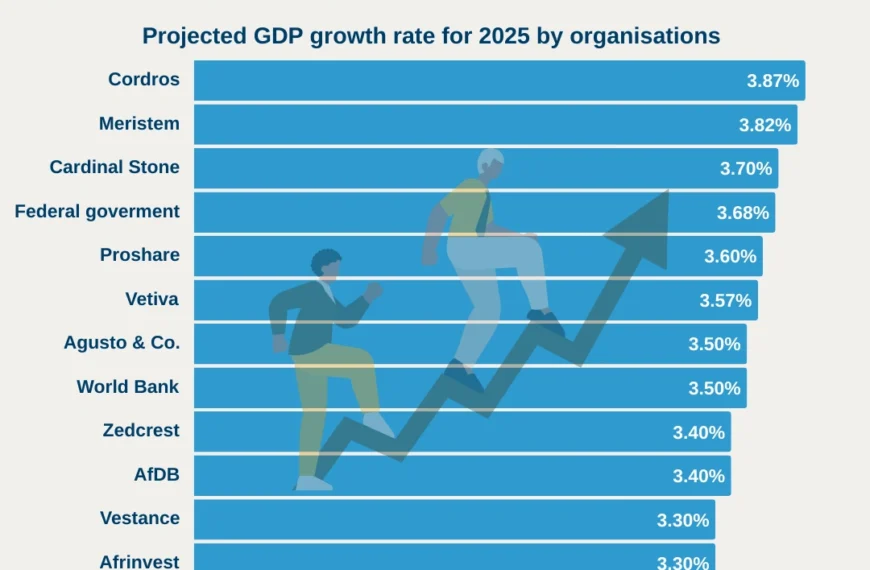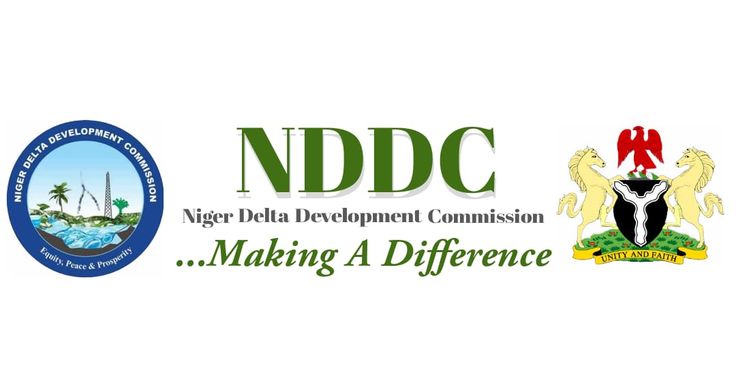In a significant move, the Central Bank of Nigeria (CBN) has reduced the federal government’s (FG) loans by over N4 trillion. This development has sparked intense debate and analysis among economists, policymakers, and industry stakeholders.
According to sources, the CBN has written off a substantial portion of the FG’s debt, effectively reducing the government’s borrowing from the apex bank. The exact figure stands at over N4 trillion, a staggering amount that has far-reaching implications for Nigeria’s economy.
Reasons Behind the Move
The CBN’s decision to slash FG loans by over N4 trillion is likely driven by several factors. One possible reason is the need to manage the country’s burgeoning debt profile and prevent further monetization of fiscal deficits. By reducing the FG’s debt, the CBN aims to mitigate the risks associated with excessive borrowing and promote fiscal discipline.
Another reason could be the desire to inject liquidity into the economy and stimulate economic growth. By writing off the debt, the FG can redirect resources towards critical sectors, such as infrastructure, education, and healthcare.
Economic Implications
The CBN’s move has both positive and negative implications for Nigeria’s economy. On the positive side:
Reduced debt servicing costs: With a lower debt burden, the FG can allocate more resources towards essential public services and infrastructure development.
Increased fiscal space: The reduction in debt will provide the FG with more room to maneuver and implement policies that stimulate economic growth.
However, there are also concerns about the potential negative implications:
Inflationary pressures: The injection of liquidity into the economy could lead to inflationary pressures, especially if not managed properly.
Moral hazard: The debt write-off could create moral hazard, as the FG may be incentivized to borrow more in the future, knowing that the CBN might bail them out.
Conclusion
The CBN’s decision to slash FG loans by over N4 trillion is a significant development that warrants close monitoring and analysis. While the move has the potential to stimulate economic growth and reduce debt servicing costs, it also poses risks that need to be carefully managed. As the Nigerian economy navigates these complexities, stakeholders will be watching closely to see how this development unfolds and its impact on the country’s economic trajectory.
Meta AI response: CBN Slashes FG Loans by Over N4tn: Economic Implications and Analysis In a significant move, the Central Bank of Nigeria (CBN) has reduced the federal government’s (FG) loans by over N4 trillion. This development has sparked intense debate and analysis among economists, policymakers, and industry stakeholders. According to sources, the CBN has written off a substantial portion of the FG’s debt, effectively reducing the government’s borrowing from the apex bank. The exact figure stands at over N4 trillion, a staggering amount that has far-reaching implications for Nigeria’s economy. Reasons Behind the Move The CBN’s decision to slash FG loans by over N4 trillion is likely driven by several factors. One possible reason is the need to manage the country’s burgeoning debt profile and prevent further monetization of fiscal deficits. By reducing the FG’s debt, the CBN aims to mitigate the risks associated with excessive borrowing and promote fiscal discipline. Another reason could be the desire to inject liquidity into the economy and stimulate economic growth. By writing off the debt, the FG can redirect resources towards critical sectors, such as infrastructure, education, and healthcare. Economic Implications The CBN’s move has both positive and negative implications for Nigeria’s economy. On the positive side: Reduced debt servicing costs: With a lower debt burden, the FG can allocate more resources towards essential public services and infrastructure development. Increased fiscal space: The reduction in debt will provide the FG with more room to maneuver and implement policies that stimulate economic growth. However, there are also concerns about the potential negative implications: Inflationary pressures: The injection of liquidity into the economy could lead to inflationary pressures, especially if not managed properly. Moral hazard: The debt write-off could create moral hazard, as the FG may be incentivized to borrow more in the future, knowing that the CBN might bail them out. Conclusion The CBN’s decision to slash FG loans by over N4 trillion is a significant development that warrants close monitoring and analysis. While the move has the potential to stimulate economic growth and reduce debt servicing costs, it also poses risks that need to be carefully managed. As the Nigerian economy navigates these complexities, stakeholders will be watching closely to see how this development unfolds and its impact on the country’s economic trajectory.

CBN Slashes FG Loans by Over N4tn: Economic Implications and Analysis
Releated Posts
Zenith Bank Fined N85 Million for Freezing Customer’s Account with Invalid Court Order
Zenith Bank Plc has been ordered to pay N85 million in damages for unlawfully freezing a customer’s bank…
Zenith Bank Fined N85 Million for Freezing Customer’s Account with Invalid Court Order
Zenith Bank Plc has been ordered to pay N85 million in damages for unlawfully freezing a customer’s bank…
Apple Commits Additional $100 Billion to U.S. Manufacturing
A Monumental Expansion Apple has announced a bold $100 billion increase in its domestic manufacturing investment, raising its…
CPPE Projects Nigeria’s GDP to Reach $450 Billion by Year-End
Abuja, Nigeria – August 4, 2025 The Centre for the Promotion of Private Enterprise (CPPE) has projected that…















